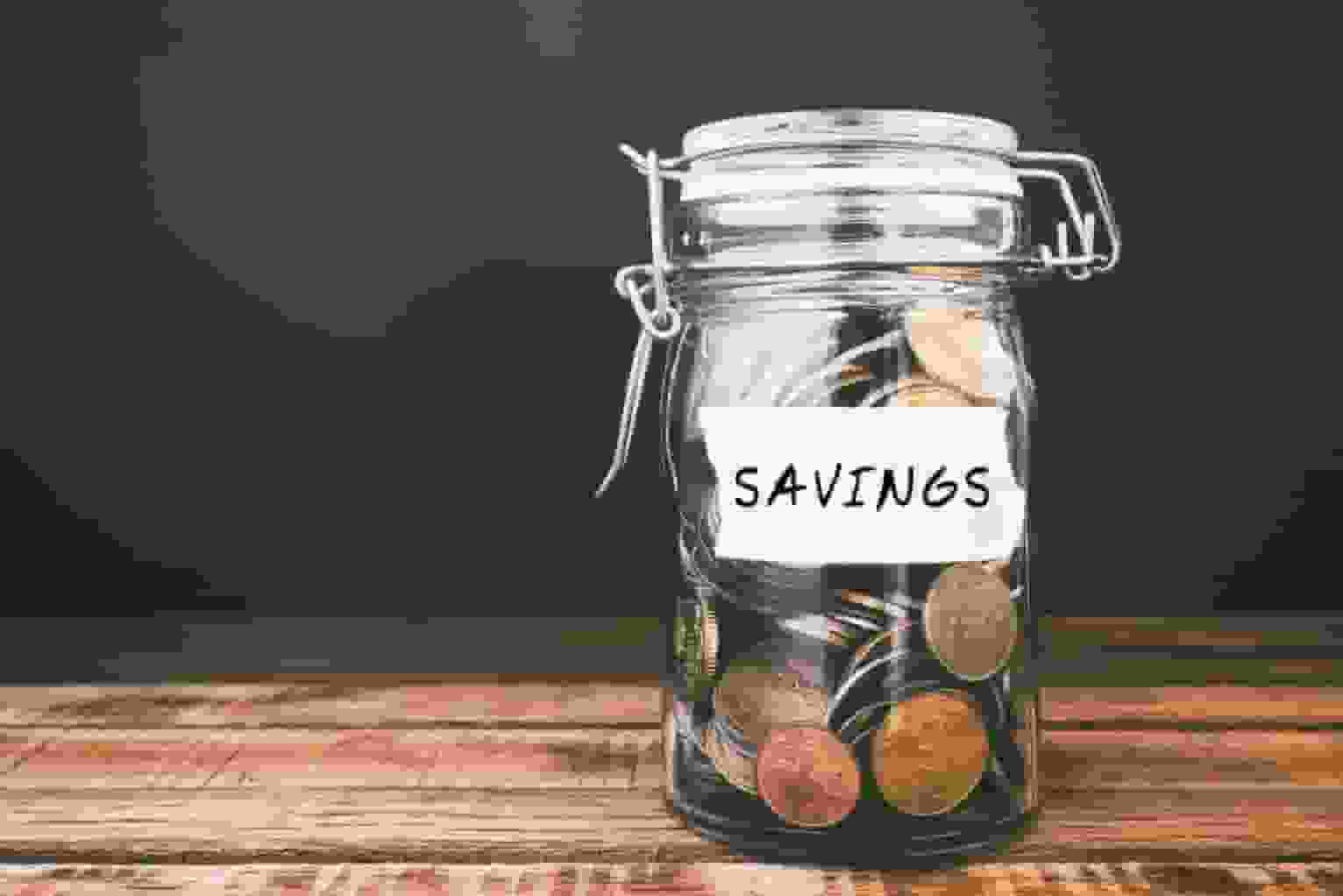When it comes to saving money, you want to make sure you are earning the highest interest rate possible. That’s where high-yield savings accounts come in.
High Yield Savings Account is a deposit account that offers a higher interest rate compared to traditional savings accounts, allowing you to earn more on your savings. It is a great option for building an emergency fund or achieving short-term savings goals. High-yield savings accounts typically have a higher APY compared to traditional savings accounts, which means you’ll earn more money on your savings.

What is the operating principle of high-yield savings accounts?
When you deposit your money into a high-yield savings account, you’ll earn interest on your balance. This interest is compounded on a daily or monthly basis, which means you’ll earn interest not only on your principal but also on the interest you’ve earned. The more frequently your interest compounds and the higher the interest rate, the more you’ll earn in the long run.
READ ALSO: Maximize Your Retirement Savings: Discover 6 Types of Income That Are Tax-Free
While high-yield savings accounts allow you to access your money at any time, some banks may limit the number of withdrawals you can make in a month. Additionally, if you exceed the limit, you may be charged a fee. It’s important to keep these limitations in mind when considering a high-yield savings account.
To open a high-yield savings account, you’ll need to provide your bank with basic information such as your Social Security number, a form of identification, and contact information. The best online banks tend to offer the most competitive yields and are often the best choice for a high-yield savings account, as many of these banks don’t charge monthly service fees or have minimum balance requirements.
In conclusion, if you’re looking to maximize your savings, a high-yield savings account is a great option. With higher interest rates and the ability to earn more on your savings, you’ll be able to reach your savings goals faster. Just make sure you understand the terms and limitations of your account, and you’ll be well on your way to a secure financial future.
READ ALSO: Survey Says That Most Americans Want to Receive Stimulus Checks in 2023 – Will There Be More?

